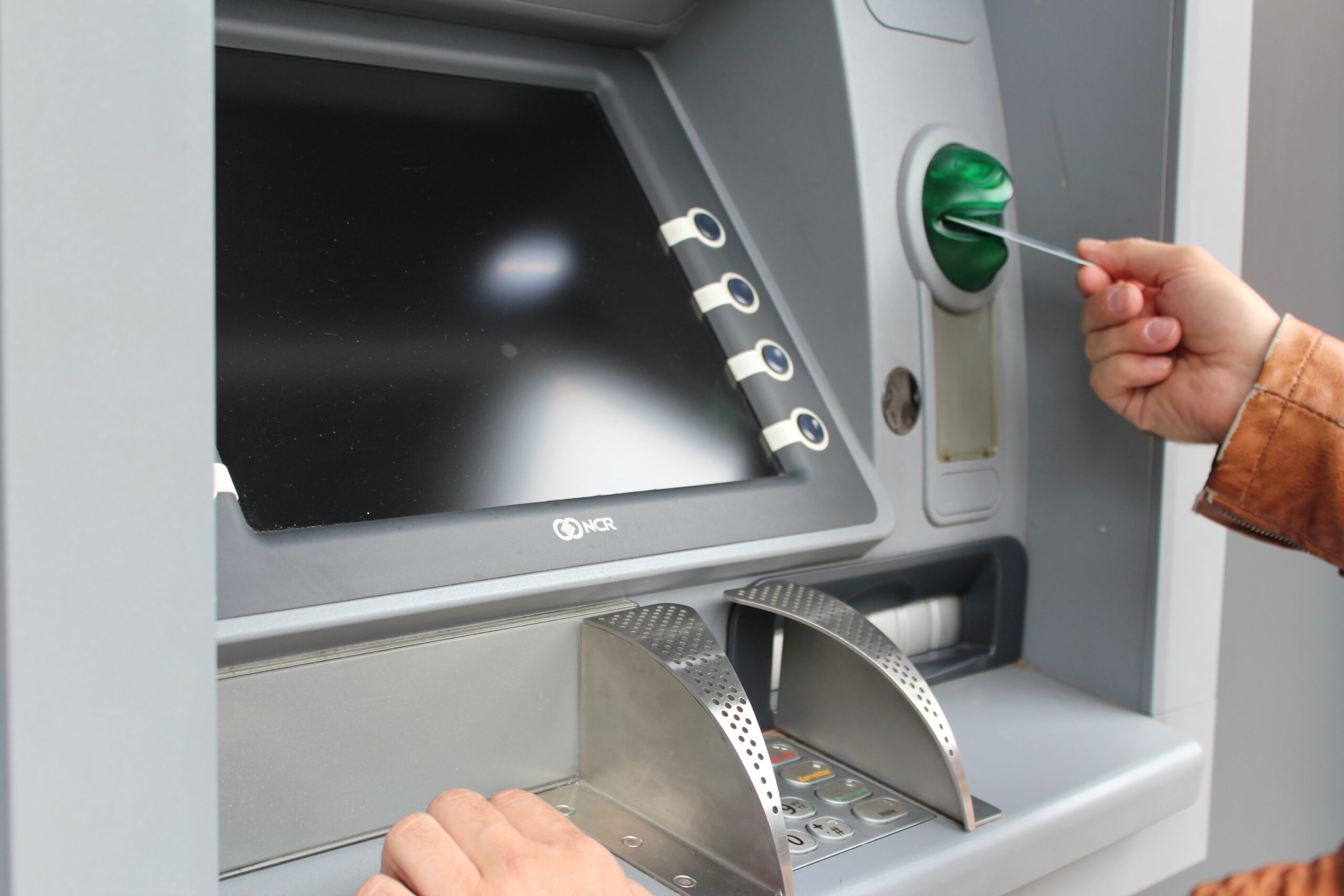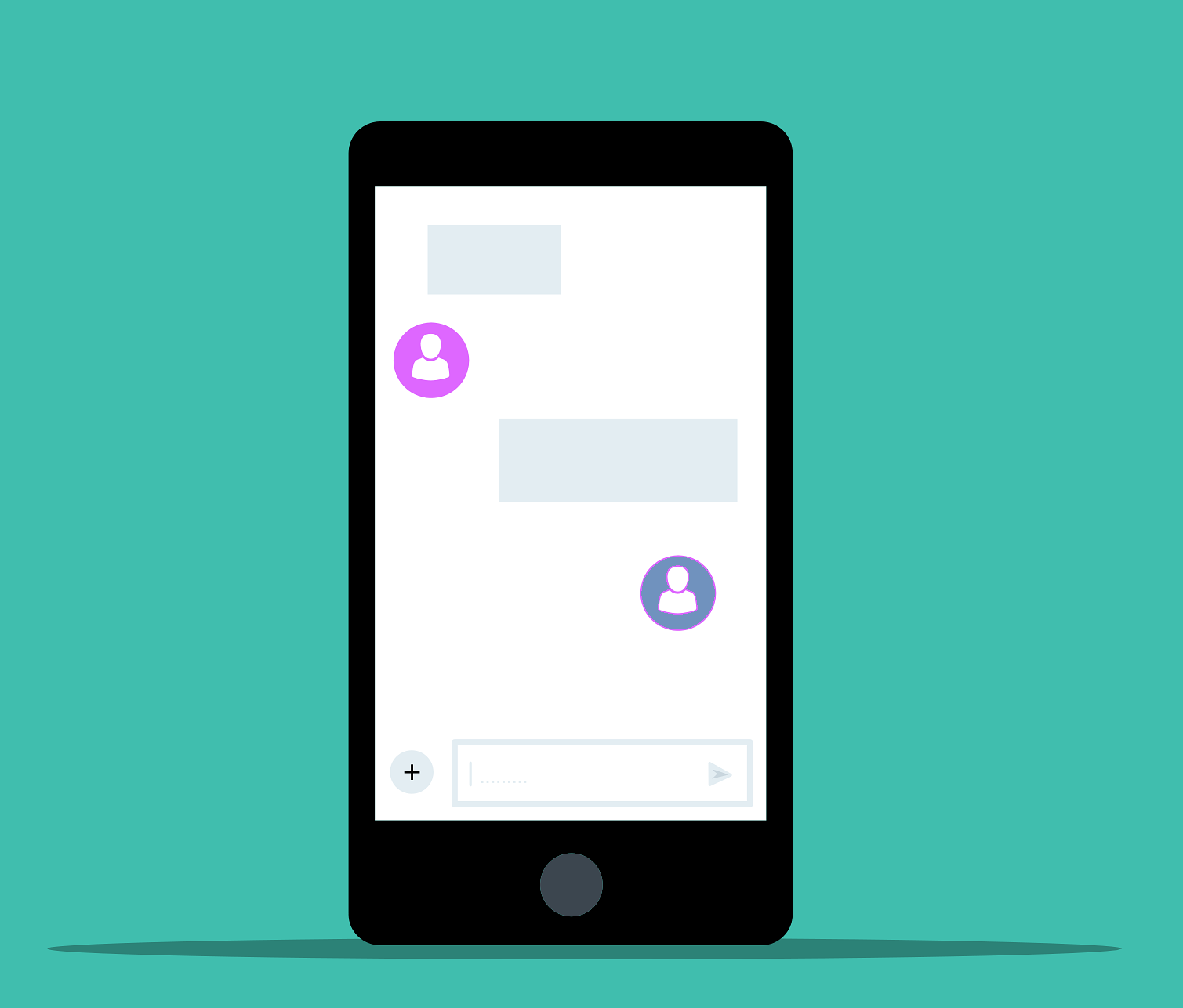The CEO of Danish tech firm NetCompany tells PublicTechnology why the country’s existing digital infrastructure could help encourage adoption of its soon-to-launch coronavirus response app
An aerial view of the Danish capital Copenhagen Credit: Paasikivi/CC BY-SA 4.0
Like many countries – including the UK – Denmark is currently in the process of creating a contact-tracing app which will use Bluetooth technology to track citizens’ movements, and alert them if it transpires that they were in close proximity with someone who later tested positive for Covid-19.
“This is an integral part of reopening society,” says André Rogaczewski, chief executive of Netcompany, the Copenhagen-headquartered tech firm that is building the app.
Society, for its part, will need to be a willing participant; Rogaczewski says that “between 30% and 40%” of Denmark’s 5.8 million population will need to download the app for it to prove effective.
This represents a challenging figure, particularly in a country in which, according to the Netcompany chief, issues of privacy and data protection are the subject of healthy debate.
But another hallmark of Danish life is a high degree of digitisation; the NemID digital identity scheme – through which residents can access a wide range of public services, as well as internet banking and some other private sector services – has 85% adoption.
The programme has been in operation for 10 years and IDs are issued for online banking purposes from the age of 13 upwards, with government services offered through NemID from the age of 15.
Netcompany, which the CEO says is a long-term “strategic partner for Danish government” on NemID, used the national digital identity programme’s infrastructure in rolling out last month the CovidMeter symptom-tracker app.
Everyone with a NemID was invited to download the app. After using their identity to do so – thereby authenticating themselves as a genuine user, and not a bot – ID information is “thrown away”, Rogaczewski says. From this point, the program, which asks users to provide weekly updates on symptoms and recovery, gathers only pseudonymised aggregate data.
5.8million
Approximate population of Denmark
85%
Proportion of Danes that have signed for the NemID national digital identity scheme
10 May
Date when ‘phase two’ of societal reopening will commence, including the restaurant and retail sectors
30-40%
Proportion of Danes that need to download the contact-tracing app for it to prove effective
100,000
Number of downloads of CovidMeter symptom-tracker app during first two hours on release
The technology was created, under its own initiative, by Netcompany. Since its launch, the app is being run by the Statens Serum Institut – the agency of the Danish Ministry of Health dedicated to disease control. Its experts are now using the data gathered to better understand the spread of coronavirus.
Rogaczewski says that, despite having no marketing campaign, the app was downloaded 100,000 times in the first two hours after it was made available for download. It has since been downloaded by hundreds of thousands more across the country.
People’s willingness to engage with the app is due in no small part to their familiarity and comfort with the national digital identity programme, according to the Netcompany CEO.
“Denmark reacted very firmly and quickly to the coronavirus,” he says. “We had 2,400 people working for us and the question we asked ourselves was: how could we help? And is there any way of using Denmark being so much ahead in fighting this virus?”
Rogaczewski adds: “We started work on building two solutions; the first is CovidMeter…what made that solution effective was the self-service. Gaining trust was a very difficult task; to do so, we used existing infrastructure – that we had built”.
Track, trace and trust
The second program developed by the company is the contact-tracing app. The first release of the app is currently in its testing phase. This initial version uses Bluetooth and location data – but only to give users an insight into the effectiveness of their social-distancing efforts, not to warn them of potential proximity to infection.
This two-stage approach was, again, designed to engender users’ trust, according to Rogaczewski, as well as potentially having a positive impact on people’s behaviour.
“We decided we wanted to launch it with some return value to the citizen,” he says. “Some people have taken the approach of saying: ‘let’s build the app and try and figure out why should people use it’. We asked: ‘how can we create trust?’… and not just build something for the sake of building something.”
Rogaczewski adds: “The app will tell you, for example, that there have been between nought and five people today where you have spent more than 15 minutes within less than 2m. Another day it might say there were five to 10 people where you have spent more than 30 minutes within less than 2m. If you see that, then you might think ‘maybe my behaviour was less responsible’ – maybe you are a bit too close to one another in your office.
“We thought by doing that, we could influence the most important thing: behaviour.”
The second release of the app, which will shortly go into testing ahead of a planned rollout in the next few weeks, will offer full track-and-trace functionality, with users actively notified if they have spent time in close proximity to another user who has confirmed they have tested positive for Covid-19.
“Some people have taken the approach of saying: ‘let’s build the app and try and figure out why should people use it’. We asked: ‘how can we create trust?’… and not just build something for the sake of building something”
André Rogaczewski, Netcompany
The technology will play a key role as Denmark next week enters the second phase of its post-lockdown reopening of society. The country has already allowed hairdressers and primary schools to open again, with restaurants and shops set to follow suit from Monday.
This will mark the start of a much more “much more test-intensive phase” of the national response to coronavirus, Rogaczewski says.
Even so, the onus will still be users of the app to report their own diagnoses. The Netcompany boss recognises that in Denmark the debate about privacy remains live, even in pandemic conditions.
The ultimate decision about how to ensure widespread use of the app, and how to treat the data gathered by it, will be down to the government – which, as it did with the CovidMeter app, will take over responsibility for running the technology, and gathering and storing information centrally, once the app is launched.
“Data privacy is balanced against insight into what is going on,” Rogaczewski says. “But I sincerely personally believe that at least we have to ask people, and that everyone who has an identity is invited [to download the app].”
Whether enough people will accept that invitation is a question yet to be answered. But having swiftly built two products to help its home country fight the pandemic, Netcompany has, at least, answered the initial question of whether it could use its people and expertise to help.
Rogaczewski says: “It is my sincere hope that our small initiative can contribute”.



